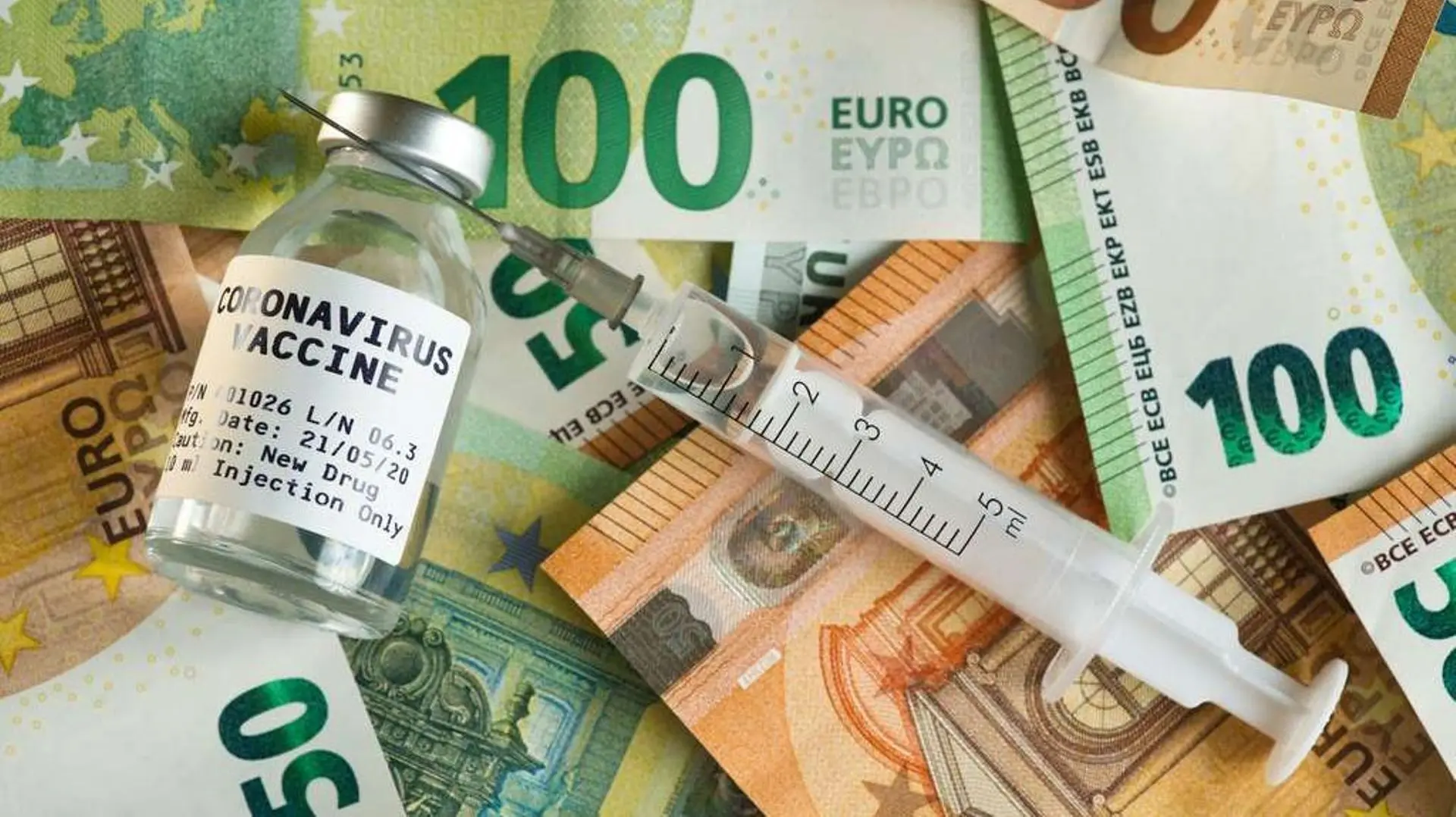Interview Anna Marriott (Oxfam): ‘It is unacceptable that we are pumping European taxpayers’ money into private hospitals’
Patient confinement, astronomical bills, refusal of care… The stories in Oxfam’s latest report, Sick Development, about abuses in private hospitals in Kenya and India are shocking. Worse still, these hospitals are funded by European taxpayers’ money. We spoke to Anna Marriott, health expert at Oxfam International and lead author of the report.
Can you quickly present yourself?
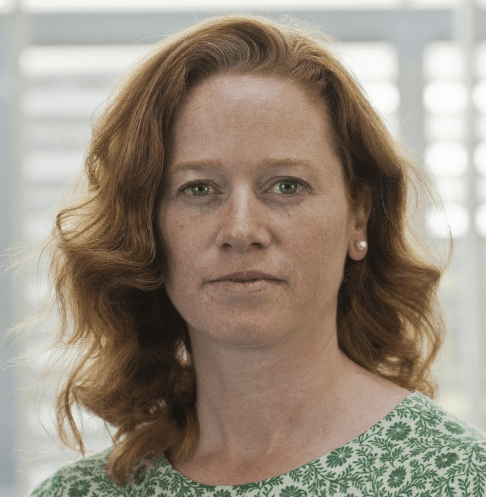
Hi. I’m Anna Marriott and I’m the health policy manager for Oxfam. I’ve led Oxfam’s work on healthcare for all and access to medicines for the last 15 or so and have published a number of reports on the topic of privatisation and commercialisation of healthcare.
Can you give us a short overview of the objectives and the findings of the research?
Over the last decade, governments have increasingly involved the private sector in development cooperation. Including in the health sector. In this study, we take a close look at the investments made by several European development banks and the World Bank in the private health sector.
We found that they spend hundreds of millions of euros of taxpayers’ money on expensive private hospitals in low-income countries. Those hospitals deny patients access to care, bankrupt them or even lock them up if they cannot pay their bills. At the height of the pandemic, some of these hospitals refused to care for Covid patients. Other hospitals sold their intensive care beds at extortionate prices to the highest bidder.
The stories in the survey are shocking. Which ones touched you the most?
It was very difficult to identify the abuse and unethical behaviour in private hospitals. Especially when you know that the harm is done in the name of development cooperation and poverty alleviation.
For example, the Nairobi Women’s Hospital in Kenya held the body of Francisca’s deceased mother for more than two years because Francisca and her siblings could not pay the hospital bill. During our investigation, we discovered 37 alleged or confirmed detentions of patients by the same hospital group since 2017. Even more shocking, most development banks continued to invest in this hospital after the hospital director bragged about this inhumane approach in a media interview.
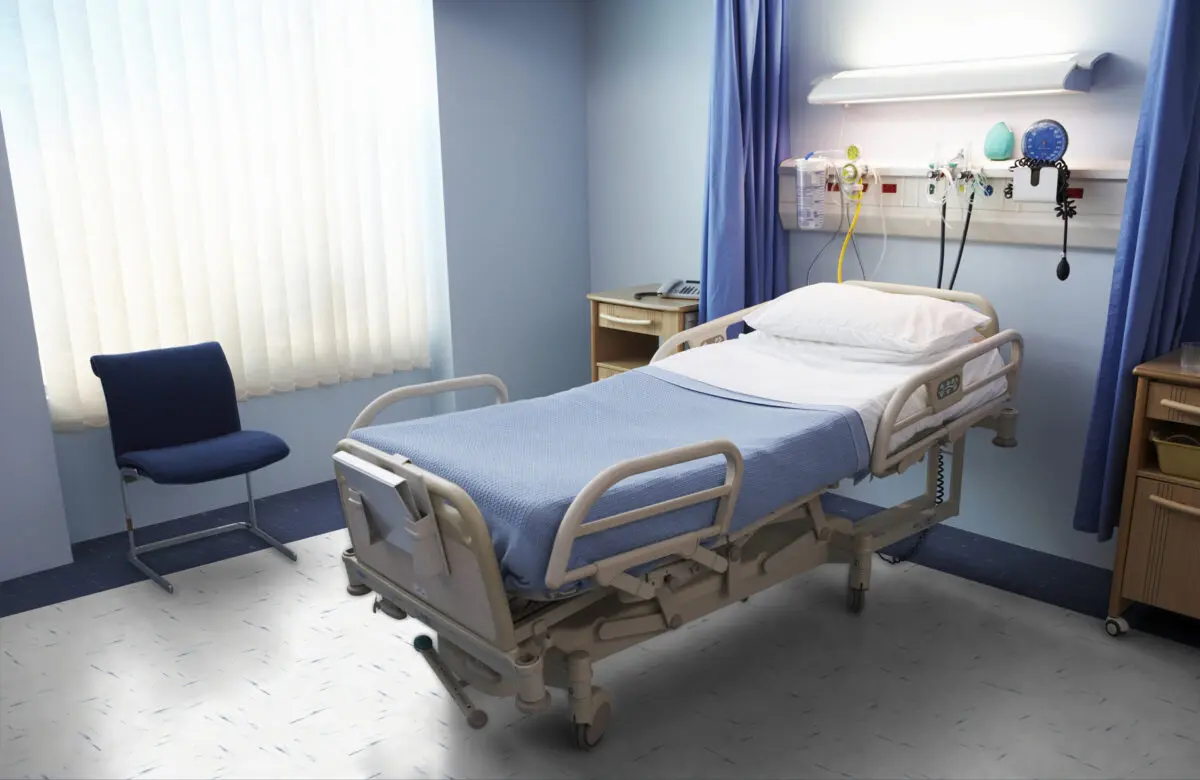
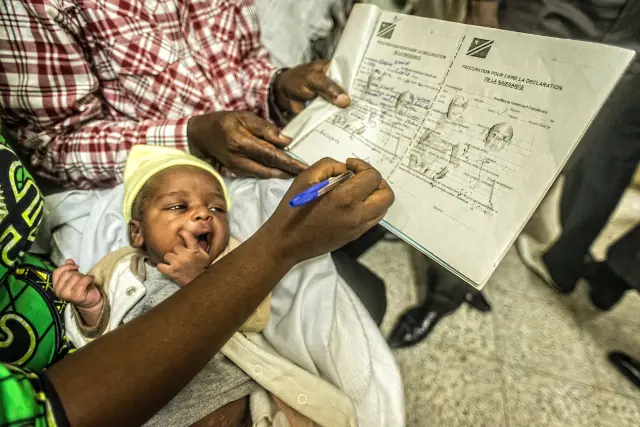
Many of the patients we interviewed with Oxfam told us that they were not allowed to use their state-issued health insurance, which normally entitled them to free treatment at Narayana and CARE hospitals in India. As a result, they have all faced major financial difficulties. For example, Eva’s mother’s hospital bill cost as much as the total income of Eva and her father for seven years. Eva told us how CARE had destroyed her family life and her career by plunging her into heavy debt.
Finally, during the pandemic, Nakasero Hospital in Kampala, Uganda, reportedly charged nearly €1,750 per day for a COVID-19 intensive care bed. A patient who died of the virus at the hospital was billed an extraordinary €110,000. It is totally unacceptable that we should be investing taxpayers’ money in establishments like this.
How much money are European development banks investing in private healthcare?
Development banks are not at all transparent about their investments. It is very difficult to get an accurate picture of the situation. So our figures are probably underestimates. Our research has identified over 350 direct and indirect investments in private healthcare in low- and middle-income countries by UK, German, French and European development banks over the period 2010 to 2022. More than half of these investments went to private hospitals or other forms of for-profit healthcare. Since 2010, the four European development banks studied have invested at least €2.25 billion in private healthcare. They have also invested €3 billion in financial intermediaries, such as investment funds, that invest in sectors other than healthcare.
Governments must stop encouraging and funding the privatisation and commercialisation of the health sector. Development banks and private health care providers must come under greater scrutiny and we must invest massively in strengthening public health care.
Anna Marriott, health expert at Oxfam International
It is very worrying that at least 81% of healthcare investments are made through a complex and often invisible web of intermediaries evading taxes. Of the 140 financial intermediaries, 80% are based in tax havens, mainly in Mauritius and the Cayman Islands. European development banks are thus actively promoting the plunder of healthcare in low- and middle-income countries.
If European development banks do not contribute to access to healthcare, who will benefit?
First of all, the European development banks themselves. They invest money and make money from it. What’s more, the banks invest mainly in large companies whose owners are extremely wealthy. For example, the chairman of Rede D’or (the largest private hospital network in Brazil), who is also the 10th richest person in the country, and Ranjan Pal, owner of the Manipal group (a hospital network in India) both own establishments supported by European taxpayers’ money. So instead of improving access to healthcare, we are witnessing an increasing concentration of power and wealth in the hands of big business and its millionaire and billionaire CEOs and investors.
What can we change about this?
European development banks’ investment model in private healthcare is unacceptable and unsustainable. It drains people’s wallets, increases inequality in healthcare and exposes patients to unacceptable situations. Urgent action is needed to protect the health sector from this colonial approach.
Oxfam calls for a halt to all future investment by development banks in the private health sector. There is also an urgent need to investigate all current and previous investments in the sector. If problems are identified, patients should be reimbursed. In addition, governments must stop encouraging and financing the privatisation and commercialisation of the health sector. There must be greater oversight of development banks and private healthcare providers, and we must invest massively in strengthening public healthcare. These are equitable, universally accessible and better for gender equality.
| What is a development bank? A development finance institution (DFI) is an investment fund wholly or largely owned by the government or an international institution such as the World Bank. Development banks use taxpayers’ money and the profits they make on their investments to finance their activities. Belgium also has a development bank: BIO Invests. Their aim is to stimulate the private sector and encourage economic growth in low- and middle-income countries, thereby reducing poverty. In practice, however, many questions have been raised in recent years about the impact of development banks on human rights and sustainable development. |
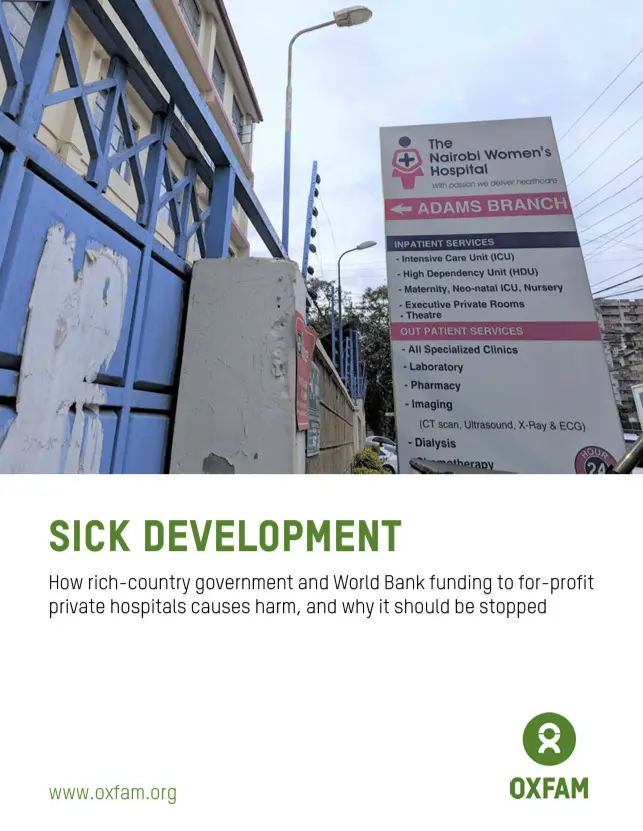
- To find out more about the “Sick Development” report : https://www.oxfam.org/en/research/sick-development
- Find out more about the podcast Sick Development podcast : https://feeds.acast.com/public/shows/64ba9507e0e71800115c2a65
